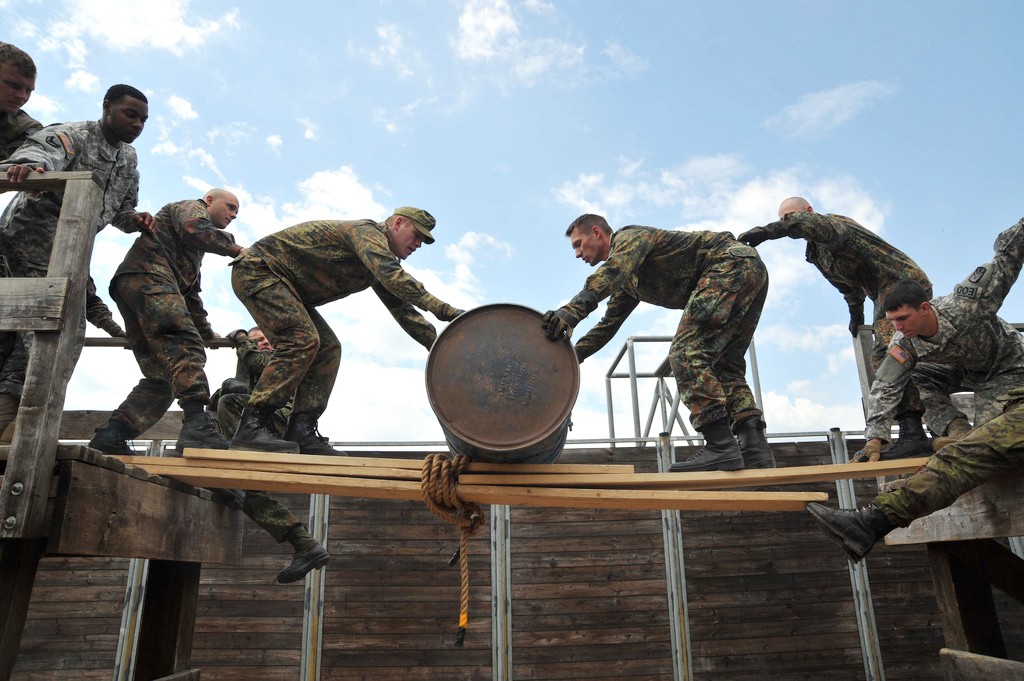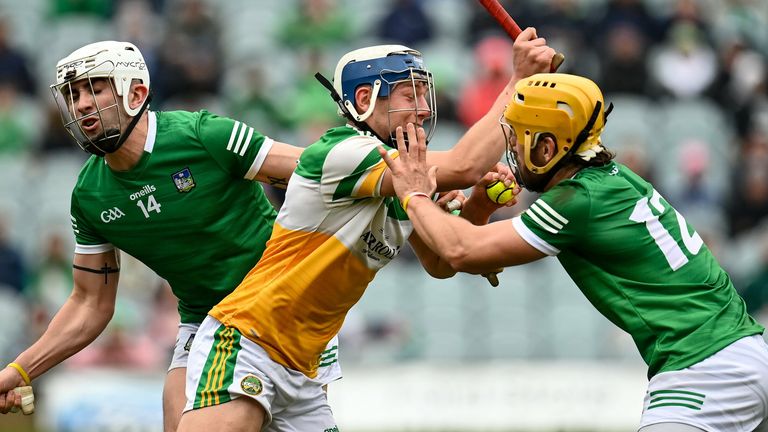Summer 2023
Forge Unstoppable Bonds

Black fingernails, greasy hands, and a belly overhanging his two-sizes-too-big sports shorts. The same athlete had his hands on a deep head wound of another from the opposing team. Even the referee was wincing when he saw the blood and that first attending man on the scene.
Now this player wouldn’t exactly be what you`d call the perfect sports physiotherapist in regards to an open head wound that was gushing blood that had suddenly happened at an Irish game of hurling. Still, in all honestly, he was trying to help.
He didn’t have to run from his position in the forward line in front of the other team’s goalkeeper to give a hand to an opposing player who was injured as he was well used o leaning on his wooden stick called a hurley and then swinging its 36-inch shaft at man, ball and all, when it came into him through the air.
That was in the early 1990s and a lot has changed since then. Sure, the Irish game of hurling, where two teams of fifteen battle it out with body-crunching tackles and long sticks combined to resemble field hockey on steroids, still exists but not with the same approach to player health and safety that it had at that time.
Back then I was a teenage athlete playing on an adult team and was the second player to come across that particular head injury. Although not qualified to asses anyone at the time, I instinctively knew that what the elder statesman of the team was doing was, at best, medically questionable but I also trusted his judgment. What he felt was the biggest immediate worry demanded a quick self-designed head assessment of sorts so he could then let a yell to the sideline to see if there was gauze or bandages available to stem the tide of the flow.
That memory is as fresh to me as the blood that poured from that young athlete’s head on that warm sunny evening. To me, it represents the closeness that athletes have to one another and the respect they have for each other even if a player from an opposing team gets into difficulty.
It was a little experience like that which stayed with me throughout my time researching and working with elite professional athletes and coaches from the world of sport. Learning their feelings about why it’s important to forge unstoppable bonds within teams showed me that coaches can always improve the dynamic within a group of athletes. With every passing game, there will be a new challenge to improve some aspect of the play. There will always be someone within the team who needs to hold their hand up and admit they got the last play wrong. When the video analysis is completed there will always be unspoken words of what should have been done in the situation that was shown by the camera. This is true in any team sport because behind every group of athletes is a group of human beings. And the bigger the group the more faults in the personalities.

Yet that’s when empathy can glue individuals together.
Empathy is the ability to understand and share the feelings of others around you. It demands that you are able to put yourself in someone else’s shoes and experience their emotions, perspectives, and situations from their point of view. Empathy helps us connect with others, build relationships, and show compassion and support for those around us. It is an important skill in both personal and professional settings, and it plays a crucial role in effective communication, conflict resolution, and teamwork.
Yet too many teams don’t recognize it. Maybe that’s because they only see the flip side of its personality. Because while empathy is generally considered a positive quality, there are potential disadvantages associated with it, particularly if it is not balanced with other qualities as well.
These are:
- Emotional Burnout — During this time you are constantly feeling and experiencing other people’s emotions and it can be exhausting which can lead to emotional burnout and so empaths may also be more prone to anxiety, depression, and stress.
- Bias — Empathy can also lead to biased decision-making, particularly if it is not balanced with reason and logic. If someone feels too much empathy for a particular individual or group, they may make decisions that benefit that person or group at the expense of others.
- Overidentification — Empathy can lead to over-identification of someone else’s emotions, which can cause people to lose sight of their own needs and feelings. This can lead to a lack of self-care and an inability to set boundaries.
- Manipulation — People who are skilled at empathy can sometimes use it to manipulate others. For example, a salesperson might use their ability to empathize with a potential customer to make a sale, even if the product isn’t in the customer’s best interests.
- Compassion Fatigue — When constantly exposed to other people’s pain and suffering, empathy can lead to a state of emotional exhaustion known as compassion fatigue. This can cause people to become desensitized to the suffering of others and to withdraw emotionally.
Then every important skill has to be handled with care. And if we haven’t learned anything in these past few decades in sports, such as knowing that it takes more than a grubby middle-aged and overweight Irish hurling player to give his unqualified medical diagnosis to a blood-pouring head injury, then we`ll never truly get to the bottom of what the unique performance strengths of what empathy is in maximizing team play.
» ALSO SEE: Using A.I. to implement training programs

Now I`m not saying that we need to sit back on the field of play and admire the opposing team while they do as they wish with the ball against our team who have worked so hard to qualify for that performance in the first place. Nor am I saying we should be using all our energy on the pitch to assess the needs of those who come out of hard tackles on the other end of the field.
But if we stand in the shoes of our teammates and see how their lives are going we can forge unstoppable bonds as we see their perspective as we all try to maximize team performance with our unique strengths combined.



